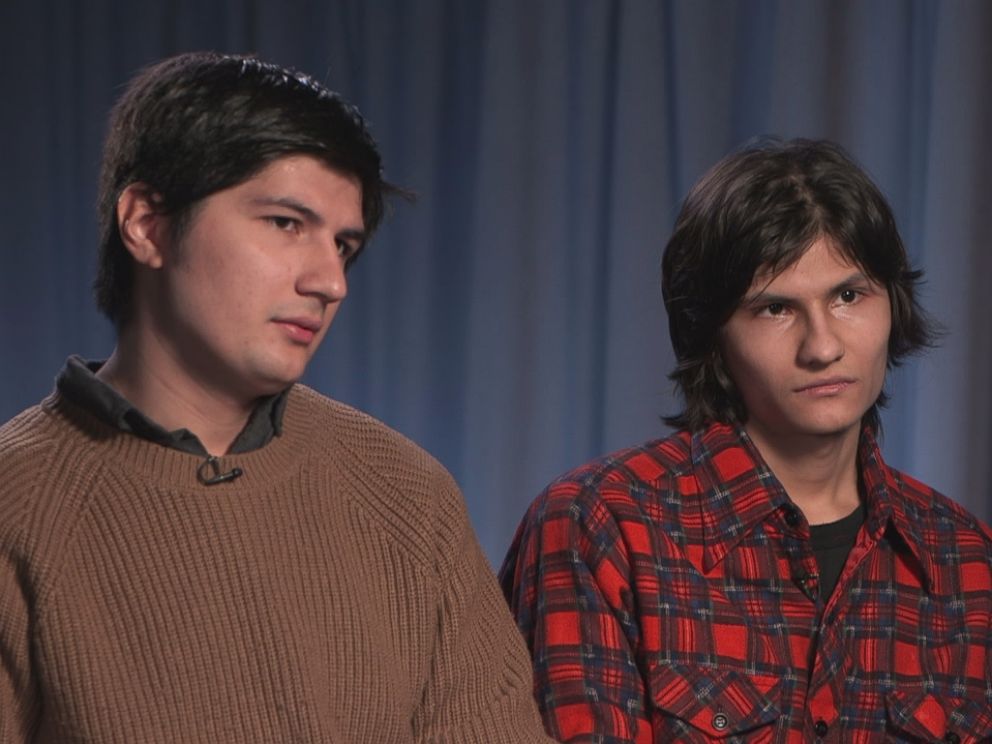


“It kind of feels like a caterpillar and a butterfly,” says Eddie of their before-and-after lives. Serpico is really an icon.” They are unfailingly gracious and remarkably open, not just to outsiders but to themselves, it seems, as they navigate jobs, apartments, and the future. “The counterculture of the seventies,” says Narayana. “I couldn’t stop thinking about them,” she says.Īt Sundance, the Angulo brothers dressed alike, in dark blazers and sunglasses, à la Rat Pack, and in person they radiate old-school style. She knew she had stumbled on something rare. An aspiring filmmaker, she caught up to them and began a conversation, the very first person to be let into their insular world. In 2010, Moselle was walking down First Avenue in the East Village when six boys in sunglasses raced by, dressed like extras from a Tarantino film. Their father, a Hare Krishna follower, had a vision: He planned on having ten children who would grow their hair long and live, in the words of one son, “like a tribe.” They were homeschooled by their mother, a Midwesterner who had met her husband while backpacking in his native Peru. The six Angulo brothers and their sister grew up in an apartment in a Lower East Side housing project, rarely being permitted to go outside. The Wolfpack, Crystal Moselle’s fascinating new documentary, is the story of parents who took some of that ideal to heart. In his 1762 novel Émile, or On Education, Jean-Jacques Rousseau imagined a boy raised in nature, away from the corrupting elements of society.


 0 kommentar(er)
0 kommentar(er)
